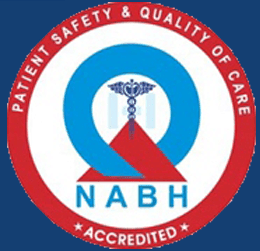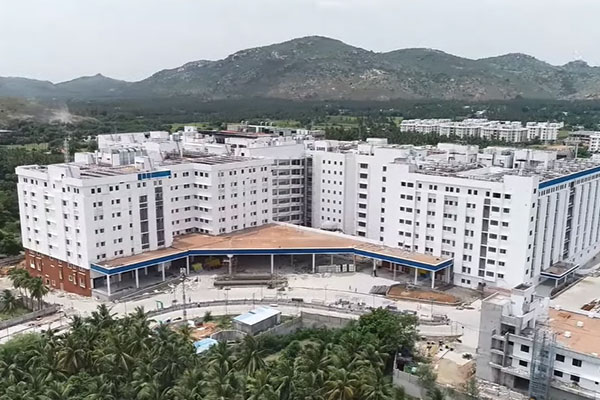“Today you are you, that is truer than true. There is no one alive who is youer than you.”
-Dr. Seuss
Celebrate Differences
Autism Day has been held on the 2nd of April every year since 2008. All over the world there are events and activities for the whole month of April centered around a theme. In 2021 the theme ‘Celebrate Differences‘ reminds us that we are all different and special. Like a bouquet of flowers, these differences build a more colourful, happier world for all of us.
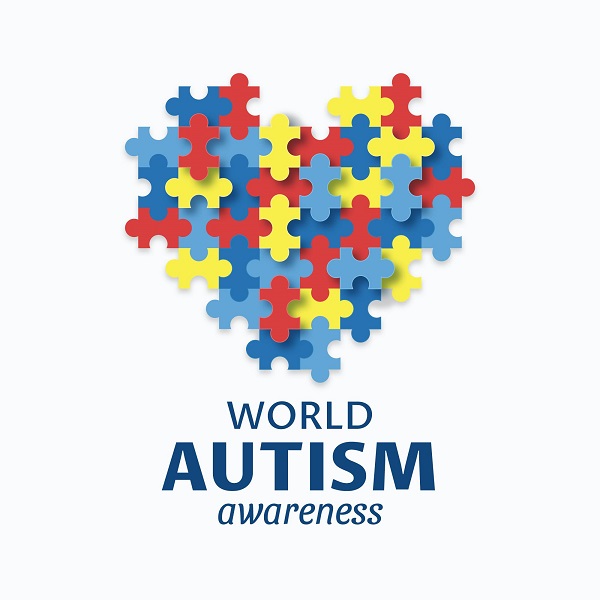
Meet Ravi, Geeta and Saday
After losing their first child at just six months, Ravi* and Geeta* were so thankful for baby Saday*. Physically he was developing normally, and they were delighted when he started to say “Baba” and “Ma”. But they grew increasingly concerned when those were still his only words at 18 months. “Don’t worry!” The neighbours would say, “boys always start speaking late.” However, things didn’t improve, and his little sister soon overtook him, chatting away happily in Bengali. He wasn’t like the other children, and preferred to be alone most of the time.
Specially Different
In 2019, when he was three, Ravi and Geeta brought Saday to CMC. They knew something was not right. The experienced team in Developmental Paediatrics assessed him, and explained that he had autism. This was the first time the family had heard this word, and it shattered them.
About 1 child in 100 has autism in India.
It affects the way they communicate and relate to other people.
Care with a Difference
Saday and his parents joined an intensive residential programme in CMC. This was 5 days in the unit’s hall of residence. Here, Ravi and Geeta learned how to support Saday in his ‘developmental journey’.
Little breakthroughs encouraged them, “This was completely different to the usual way of bringing up a child” Geeta said. “We decided we would do all it takes to get him better”.
It can be very distressing for parents when their beloved child shows no signs of affection or interest in their family.
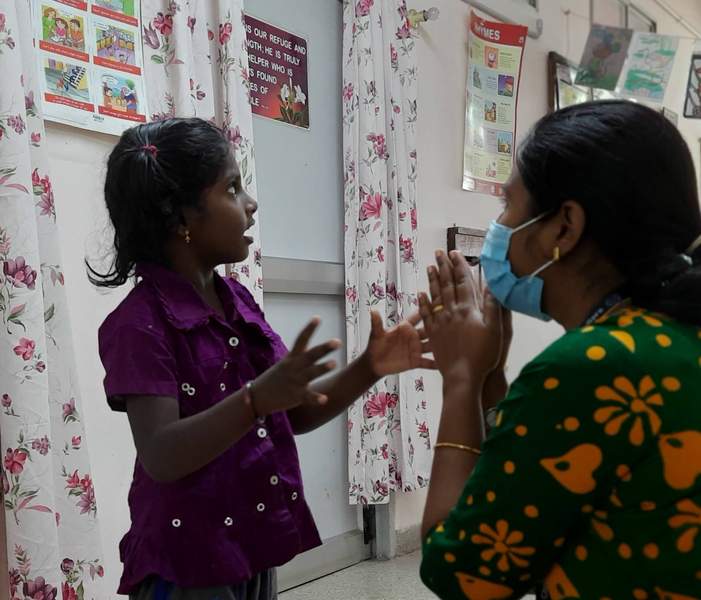
The determined parents went back to West Bengal and carefully followed the home development programme given by the team. They set short-term goals and persevered until they could get his attention and communicate with him.
When they returned to CMC after seven months, there was an obvious change. The team was thrilled that Saday had come on so well and encouraged Ravi and Geeta to keep going. The lockdown turned out to be a blessing. They had more uninterrupted time to work with him at home.
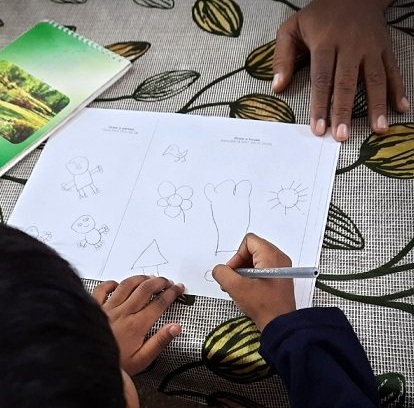
When we met the family recently, a calm Saday was contentedly drawing while his parents told us their heart-warming story. He has come a long way and his parents have no concerns. Little Saday is a testament to his parents’ perseverance and the team’s caring professionalism. Almost independent, now he loves to talk, and he will greet strangers with a warm smile!
If you think your child might have autism, do talk to your doctor. Early intervention can make a big difference.
More About Autism
What is Autism?
- Autism is a ‘neurodevelopmental’ condition. It is connected with the brain and how the brain matures as the child grows.
- It affects about 1 child out of a hundred in India.
- A child with autism may have
- difficulties in speech and communication
- poor social interaction and
- more information below
Autism covers a range of conditions. A more technical term is Autism Spectrum Disorder (ASD). This emphasises that people can show very different symptoms. These range from slightly unusual mannerisms and interpersonal skills to severe conditions where the child completely withdraws from social contact. Asperger’s Syndrome is a relatively mild form.
We don’t fully understand what causes autism. It seems to include
- Genetic factors:
- inherited from one of the parents
- or a mutation in the child’s own genes
- Environmental factors. These might include:
- complications during pregnancy
- very pre-term baby born before 26 weeks
- possibly viral infections etc
Research is going on to understand these factors.
Intelligence and Autism
People with autism can be extremely intelligent, and some are well known personalities. About 10% of people with autism also have Savant Syndrome. This is where a person has extraordinary skills in something like mathematics, music or art. Only about 1 in a million people without autism have this.
Some well known people with autistic like symptoms are
- Albert Einstein, scientist & mathematician
- Wolfgang Amadeus Mozart, musician and classical composer
Not all children with autism have high intelligence and some will have below average intelligence.
Signs to look out for
Here are some signs of autism to look out for, if you are concerned. The child
- Has poor eye contact: does not look into your eyes
- Has a poor social smile: does not smile or look at their parent or family member
- Does not respond when someone calls out their name.
- Prefers to be alone
- Likes to play with one object for a very long time eg spinning the wheels of a toy car.
- Does not like loud noises such as the mixie (blender) or pressure cooker. This is due to increased sensitivity to some sounds.
Do you think your child may have autism? Then talk to the child’s doctor. It is really important to start treatment early.
Treatment should be started early for children with autism. Some children, like Saday, can make great strides forward and then lead a life of joy and independence.
You can read more about Autism here: Mayo Clinic: Autism
How CMC Helps
Developmental Paediatrics
The Department of Developmental Paediatrics (or DP), specialises in helping children with a range of special needs. They have unique experience in assessing and treating these children. Just as important, they help the family understand their child so they can keep helping them when they go home.
Individuals with autism have unique perspectives. Here in CMC, we walk along with the families. Together we discover how to support and encourage the children.
The DP team includes
- doctors,
- occupational and speech therapists,
- psychologists,
- a social worker and
- nurses.
You can learn more about the developmental paediatric services here.
We support many families who cannot afford the full treatment cost. We give subsidised therapy and support services when needed. You can help by donating to support a child and their family.
How You Can Help
Make a Difference
Around 20% of the children cared for by CMC’s Department of Developmental Paediatrics need help with treatment costs. With your help, we can continue to give reduced-cost treatment. Your donations also help provide suitable resources for the healthcare team.
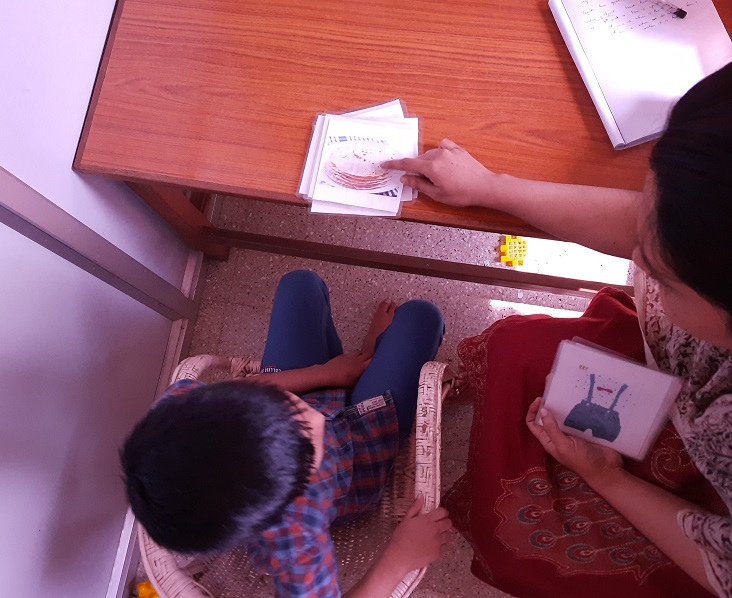
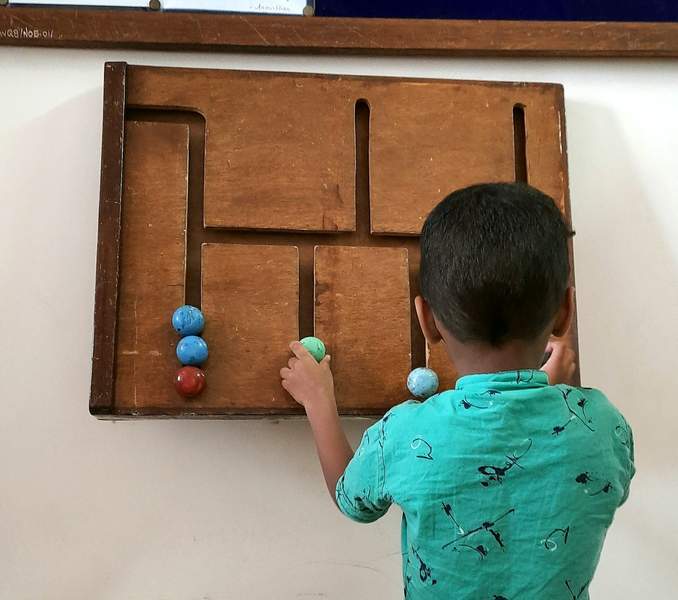
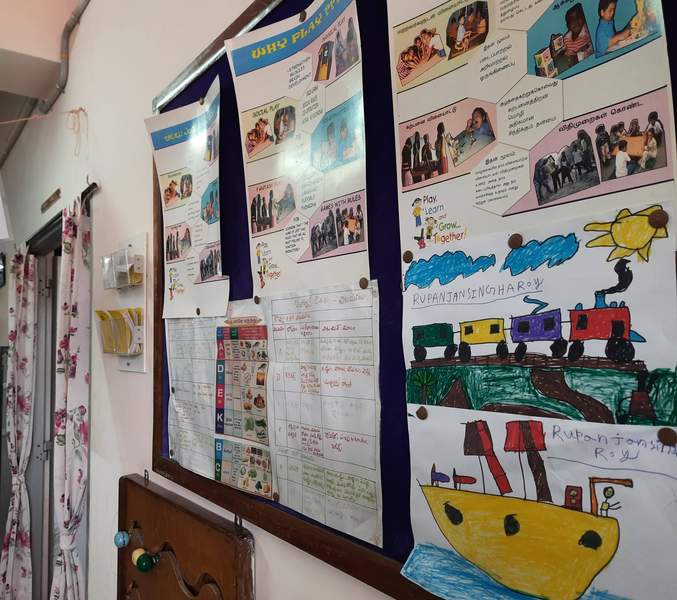
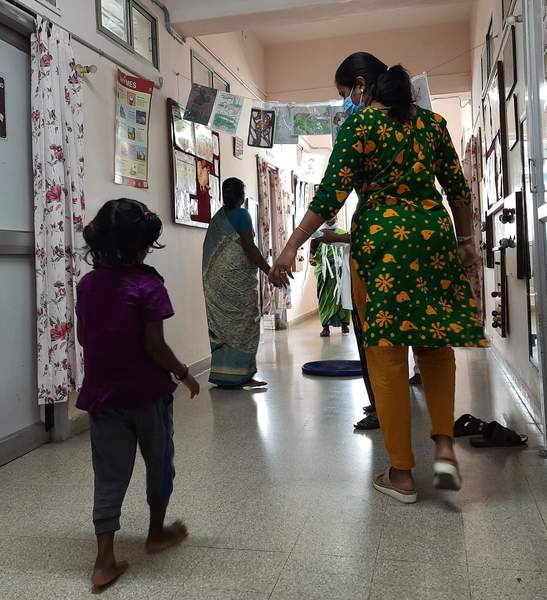
Pictures from the Hall of Residence
Families with Autistic children who come for treatment are admitted in the ‘Hall of Residence’. Here, they have a time of focused learning together, just like Saday and his parents had. They may stay for more than a week depending on the need of the child. The parents are trained to care for their child throughout the day. Each child’s therapy concentrates on all domains of child development. Even sleep concerns of the child are addressed.
You can support the Department and help them as they make a difference in the lives of many families like Ravi and Geeta. There is a constant need for appropriate toys for the children who need therapy.
*names changed
Story and details contributed by Department of Developmental Paediatrics
